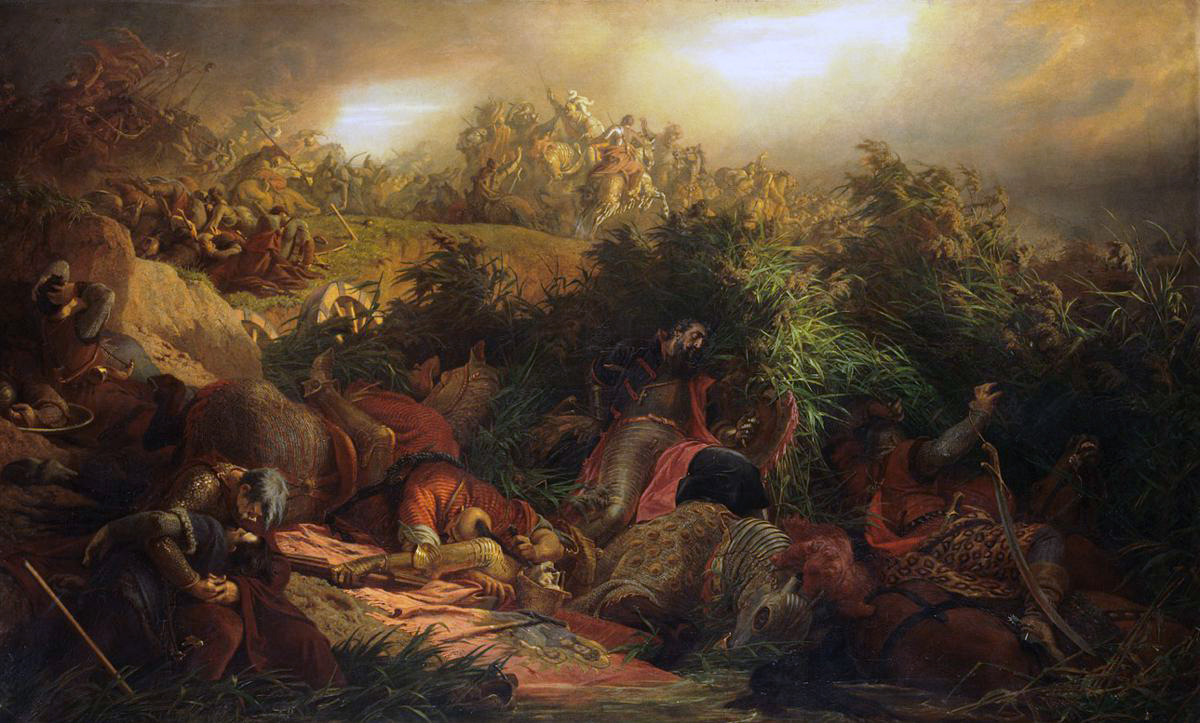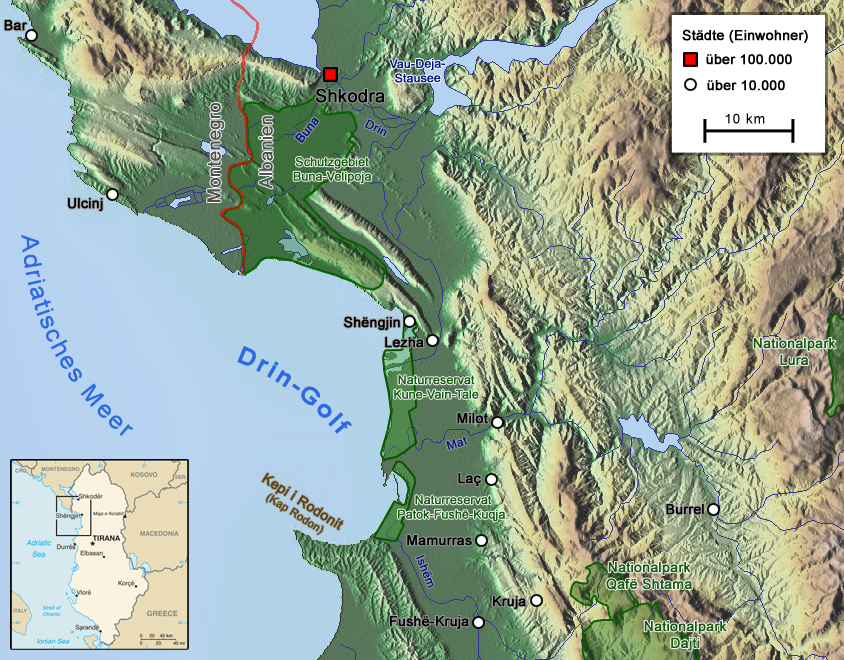|
Shtjefën Gjeçovi
Shtjefën Konstantin Gjeçov-Kryeziu or Stjepan Gečević (12 July 1874 – 14 October 1929) was an Albanian Catholic priest, nationalist, ethnologist, and folklorist from Kosovo. He is regarded as the father of Albanian folklore studies. Life Gjeçovi was born on 12 July 1874 (some sources mention 3 October 1873) in Janjevo, Prizren Vilayet, Ottoman Empire (now Kosovo). He was educated by the Franciscans in Bosnia (under control of Austria-Hungary) and moved to Ottoman Albania in 1896, having become a priest, and spent the years between 1905 and 1920 among the Albanian tribes, Albanian highland tribes, collecting oral literature, tribal law, archaeology and folklore. Gjeçovi was also an important collector of the ''Albanian Songs of the Frontier Warriors''. An Albanian patriot and a diligent researcher on everything related to the Albanian past, he was loathed by the Serbian population and the local authorities. He was shot on 14 October 1929, in the village of Zym near Gjakova, ... [...More Info...] [...Related Items...] OR: [Wikipedia] [Google] [Baidu] |
Janjevo
Janjevo () or Janjevë (in Albanian) is a village or small town in the Lipjan municipality in eastern Kosovo. The settlement has a long history, having been mentioned for the first time in 1303 as a Catholic parish. The town was prior to the Kosovo War (1998–99) inhabited by a majority of Croats, known by their demonym as '' Janjevci'', who since have left massively for Croatia. Geography Janjevo is described as a village or small town, located in Lipjan municipality, by Gornja Gušterica and Teče. History Middle Ages Janjevo was first mentioned in 1303. Although only a Catholic parish is mentioned, and no information on mining activity, it is assumed that the Catholic community in fact drew from miners, gathered in such numbers to constitute a parish. Whether these Catholics were Ragusans or Saxons is unknown; with the opening of mines in medieval Serbia, Saxons (''Sasi'') are mentioned as mining specialists; although they are not mentioned as inhabiting Janjevo, they m ... [...More Info...] [...Related Items...] OR: [Wikipedia] [Google] [Baidu] |
Albanian Songs Of The Frontier Warriors
Albanian may refer to: *Pertaining to Albania in Southeast Europe; in particular: **Albanians, an ethnic group native to the Balkans **Albanian language **Albanian culture **Demographics of Albania, includes other ethnic groups within the country *Pertaining to other places: **Albania (other) **Albany (other) **St Albans (other) *Albanian cattle *Albanian horse *''The Albanian'', a 2010 German-Albanian film See also * *Olbanian language * Albani people *Albaniana (other) *Alba (other) Alba is the Scottish Gaelic name for Scotland. Alba or ALBA may also refer to: Arts, entertainment and media Fictional characters * Alba (Darkstalkers), Alba ''(Darkstalkers)'', a character in the Japanese video game * Alba (The Time Traveler's ... {{Disambiguation Language and nationality disambiguation pages ... [...More Info...] [...Related Items...] OR: [Wikipedia] [Google] [Baidu] |
1929 Deaths
This year marked the end of a period known in American history as the Roaring Twenties after the Wall Street Crash of 1929 ushered in a worldwide Great Depression. In the Americas, an agreement was brokered to end the Cristero War, a Catholic Counter-revolutionary, counter-revolution in Mexico. The Judicial Committee of the Privy Council, a British high court, ruled that Canadian women are persons in the ''Edwards v. Canada (Attorney General)'' case. The 1st Academy Awards for film were held in Los Angeles, while the Museum of Modern Art opened in New York City. The Peruvian Air Force was created. In Asia, the Republic of China (1912–1949), Republic of China and the Soviet Union engaged in a Sino-Soviet conflict (1929), minor conflict after the Chinese seized full control of the Manchurian Chinese Eastern Railway, which ended with a resumption of joint administration. In the Soviet Union, General Secretary of the Communist Party of the Soviet Union, General Secretary Joseph S ... [...More Info...] [...Related Items...] OR: [Wikipedia] [Google] [Baidu] |
1874 Births
Events January * January 1 – New York City annexes The Bronx. * January 2 – Ignacio María González becomes head of state of the Dominican Republic for the first time. * January 3 – Third Carlist War: Battle of Caspe – Campaigning on the Ebro in Aragon for the Spanish Republican Government, Colonel Eulogio Despujol surprises a Carlist force under Manuel Marco de Bello at Caspe, northeast of Alcañiz. In a brilliant action the Carlists are routed, losing 200 prisoners and 80 horses, while Despujol is promoted to Brigadier and becomes Conde de Caspe. * January 20 – The Pangkor Treaty (also known as the Pangkor Engagement), by which the British extend their control over first the Sultanate of Perak, and later the other independent Malay States, is signed. * January 23 – Prince Alfred, Duke of Edinburgh, second son of Queen Victoria, marries Grand Duchess Maria Alexandrovna of Russia, only daughter of Tsar Alexander III of Russia, i ... [...More Info...] [...Related Items...] OR: [Wikipedia] [Google] [Baidu] |
Roman Catholicism In Kosovo
The Catholic Church in Kosovo () has a number of approximately 246,000 members in a region of roughly 1.5 million people. Another 60,000 (according to the 2011 census) Kosovan Catholics are outside the region, mainly for work. They are mainly ethnic Kosovo Albanians, Albanians, with a few Kosovo Croats, Croats. The Roman Catholic Diocese of Prizren-Pristina, Diocese of Prizren and Pristina (until 5 September 2018, an Apostolic Administration of Prizren) is the ecclesiastical district of the Catholic Church in Kosovo. It is centered in the city of Prizren. Bishop Dodë Gjergji serves as diocesan bishop . , the Holy See International recognition of Kosovo#Other states and entities 2, does not recognise Kosovo as a sovereign state (see also Holy See's reaction to the 2008 Kosovo declaration of independence). However, as stated by Bishop Dodë Gjergji, the Kosovan prelate of the Roman Catholic Diocese of Prizren-Pristina, Diocese of Prizren-Pristina, in an interview with RTV Du ... [...More Info...] [...Related Items...] OR: [Wikipedia] [Google] [Baidu] |
Kosovo Albanians
The Albanians of Kosovo (, ), also commonly called Kosovo Albanians, Kosovan Albanians or Kosovars (), constitute the largest ethnic group in Kosovo. Kosovo Albanians belong to the Albanians, ethnic Albanian sub-group of Ghegs, who inhabit the north of Albania, north of the Shkumbin River, Shkumbin river, Kosovo, southern Serbia, and western parts of North Macedonia. They speak Gheg Albanian, more specifically the Northwestern and Northeastern Gheg variants. According to the 1991 Socialist Federal Republic of Yugoslavia, Yugoslav census, boycotted by Albanians, there were 1,596,072 ethnic Albanians in Kosovo or 81.6% of population. By the estimation in the year 2000, there were between 1,584,000 and 1,733,600 Albanians in Kosovo or 88% of population; as of 2011, their population share is 92.93%. History Pre-7th century Toponymical evidence suggests that Albanian was spoken in western and eastern Kosovo and the Niš region before the Migration Period. In this era, Albanian ... [...More Info...] [...Related Items...] OR: [Wikipedia] [Google] [Baidu] |
Lekë Dukagjini
Lekë III Dukagjini (1410–1481), mostly known as Lekë Dukagjini, was a 15th-century member of the Albanian nobility, from the Dukagjini family. A contemporary of Skanderbeg, Dukagjini is known for the '' Kanuni i Lekë Dukagjinit'', a code of law instituted among the tribes of northern Albania. Dukagjini is believed to have been born in Lipjan, Kosovo. Biography The Dukagjini Principality stretched from Northern Albania and into modern Kosovo. The western part of Kosovo, sometimes referred to as '' Rrafshi i Dukagjinit or Dukagjin'', takes its name after the Dukagjini family. Until 1444 he was pronoier of Koja Zaharia. He succeeded his father Pal II as ruler of Dukagjini who appeared to have died of apoplexy in 1446. Dukagjini fought under the command of Skanderbeg against the Ottomans within the last two years of Skanderbeg’s rebellion. He also had a strong rivalry between him and Albanian nobleman Lekë Zaharia. The two princes had been in dispute over who shoul ... [...More Info...] [...Related Items...] OR: [Wikipedia] [Google] [Baidu] |
Customary Law
A legal custom is the established pattern of behavior within a particular social setting. A claim can be carried out in defense of "what has always been done and accepted by law". Customary law (also, consuetudinary or unofficial law) exists where: #a certain legal practice is observed and #the relevant actors consider it to be an opinion of law or necessity ('' opinio juris''). Most customary laws deal with ''standards of the community'' that have been long-established in a given locale. However, the term can also apply to areas of international law where certain standards have been nearly universal in their acceptance as correct bases of action – for example, laws against piracy or slavery (see '' hostis humani generis''). In many, though not all instances, customary laws will have supportive court rulings and case law that have evolved over time to give additional weight to their rule as law and also to demonstrate the trajectory of evolution (if any) in the judicial ... [...More Info...] [...Related Items...] OR: [Wikipedia] [Google] [Baidu] |
Kanuni I Lekë Dukagjinit
Suleiman I (; , ; 6 November 14946 September 1566), commonly known as Suleiman the Magnificent in the Western world and as Suleiman the Lawgiver () in his own realm, was the Ottoman sultan between 1520 and his death in 1566. Under his administration, the Ottoman Empire ruled over at least 25 million people. After succeeding his father Selim I on 30 September 1520, Suleiman began his reign by launching military campaigns against the Christian powers of Central and Eastern Europe and the Mediterranean; Belgrade fell to him in 1521 and Rhodes in 1522–1523, and at Mohács in 1526, Suleiman broke the strength of the Kingdom of Hungary. Presiding over the apex of the Ottoman Empire's economic, military, and political strength, Suleiman rose to become a prominent monarch of 16th-century Europe, as he personally led Ottoman armies in their conquests of a number of European Christian strongholds before his advances were finally checked at the siege of Vienna in 1529. On the ... [...More Info...] [...Related Items...] OR: [Wikipedia] [Google] [Baidu] |
Drin River
The Drin (; or ; ) is a river in Southeastern Europe with two major tributaries – the White Drin and the Black Drin and two distributary, distributaries – one discharging into the Adriatic Sea, in the Gulf of Drin and the other into the Buna (Adriatic Sea), Buna River. Its drainage basin, catchment area extends across Albania, Kosovo, Serbia, Greece, Montenegro and North Macedonia and is home to more than 1.6 million people. The river and its tributaries form the Gulf of Drin, an ocean basin that encompasses the northern Albanian Adriatic Sea Coast. At long, the Drin is the Rivers of Albania, longest river of Albania and its tributaries cross through both Kosovo and North Macedonia. Its northern tributary, the White Drin starts from the foothills of Žljeb mountain, Žljeb, at White Drin Waterfall in west Kosovo, and flows generally south, whereas its southern tributary, the Black Drin originates from Ohrid lake in the town of Struga, North Macedonia and flows north. ... [...More Info...] [...Related Items...] OR: [Wikipedia] [Google] [Baidu] |




